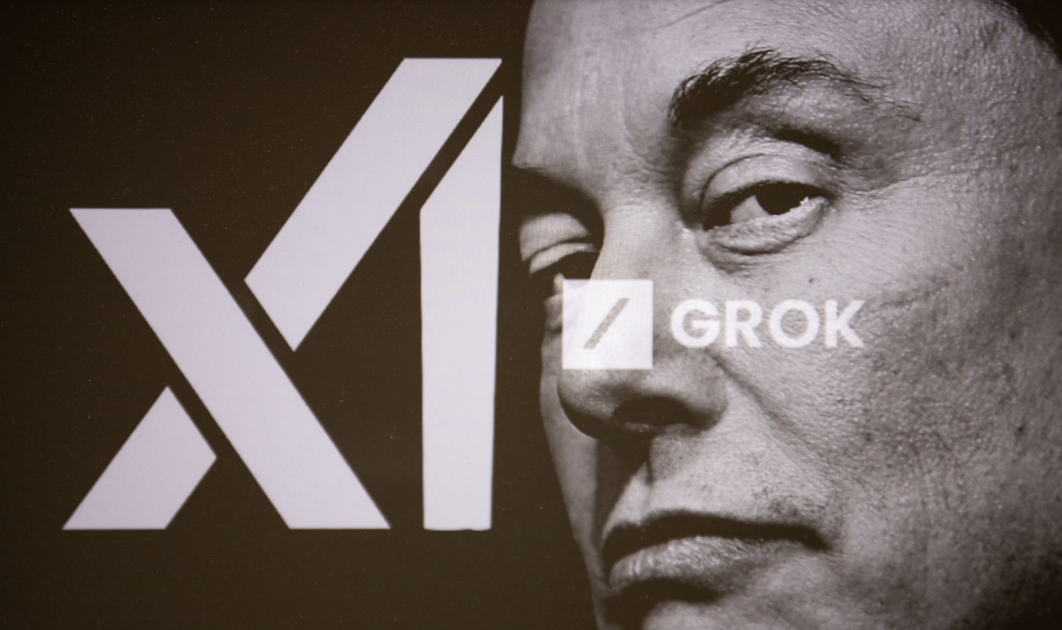Elon Musk’s Wikipedia alternative is slated to arrive in the next two weeks.
“Version 0.1 early beta of Grokipedia will be published in 2 weeks,” the Tesla and SpaceX CEO tweeted on Sunday.
The phrasing suggests Musk is trying to keep expectations low. However, the billionaire is already promoting Grokipedia as superior to Wikipedia. Musk has accused the encyclopedia site of being “woke” and promoting falsehoods. In January, Musk also blasted Wikipedia for adding an entry about him allegedly making a Nazi-like salute at a Trump inauguration event.
Musk plans to build Grokipedia through his startup company xAI, which has already developed a ChatGPT rival with Grok. The company has trained Grok using public information on the internet, along with user tweets on X, which Musk also owns. In a bit of irony, though, Grok isn’t immune to errors, including generating hallucinations and praising Hitler.
Still, Musk says Grokipedia will be smart enough to “remove the falsehoods, correct the half-truths, and add the missing context” to its encyclopedia entries. However, the Grokpedia project is raising concerns that he’s building an encyclopedia site that’ll be favorable to his own viewpoints while undermining Wikipedia, which has long striven for accuracy from a neutral point of view by relying on human community volunteers.
“It’s fucking scary to have powerful people profiting from the destruction of Wikipedia,” wrote one user on Reddit.
Recommended by Our Editors
In the meantime, xAI posted a job listing for a “Member of Technical Staff, Grokipedia – Search/Retrieval.” The job posting suggests Grokipedia will leverage AI to pull information from Grok’s training database to create the encyclopedia entries. The same AI will also be able to access and synthesize data, including text, images, video, and audio.
“To achieve this, we are developing AI-first search/retrieval systems that enable LLM [large language model] agents to efficiently access, process, and leverage vast knowledge bases — ultimately fostering agents that prioritize accuracy, rigorous reasoning, and an unbiased pursuit of knowledge,” the posting says.

Get Our Best Stories!
Your Daily Dose of Our Top Tech News
Thanks for signing up!
Your subscription has been confirmed. Keep an eye on your inbox!
About Our Expert

Michael Kan
Senior Reporter
Experience
I’ve been a journalist for over 15 years. I got my start as a schools and cities reporter in Kansas City and joined PCMag in 2017, where I cover satellite internet services, cybersecurity, PC hardware, and more. I’m currently based in San Francisco, but previously spent over five years in China, covering the country’s technology sector.
Since 2020, I’ve covered the launch and explosive growth of SpaceX’s Starlink satellite internet service, writing 600+ stories on availability and feature launches, but also the regulatory battles over the expansion of satellite constellations, fights with rival providers like AST SpaceMobile and Amazon, and the effort to expand into satellite-based mobile service. I’ve combed through FCC filings for the latest news and driven to remote corners of California to test Starlink’s cellular service.
I also cover cyber threats, from ransomware gangs to the emergence of AI-based malware. Earlier this year, the FTC forced Avast to pay consumers $16.5 million for secretly harvesting and selling their personal information to third-party clients, as revealed in my joint investigation with Motherboard.
I also cover the PC graphics card market. Pandemic-era shortages led me to camp out in front of a Best Buy to get an RTX 3000. I’m now following how President Trump’s tariffs will affect the industry. I’m always eager to learn more, so please jump in the comments with feedback and send me tips.
This article was published by WTVG on 2025-10-06 13:44:00
View Original Post






